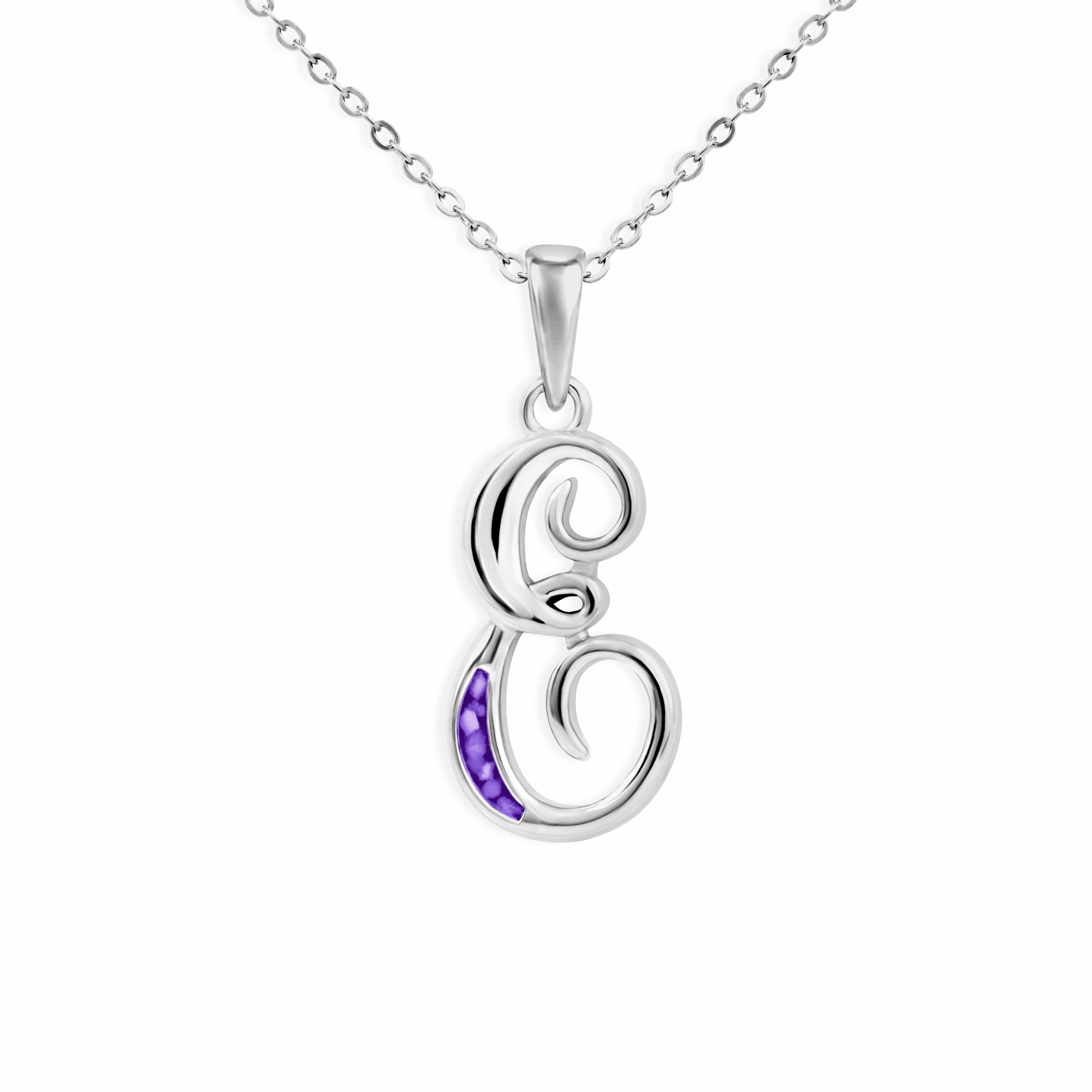It might have shocked you to realise that there is more than one ‘kind’ of grief. We know that everyone grieves differently – of course, we are all unique individuals – however, there are actually a number of different ‘types’ of grief and knowing them might help you understand your emotions a little better. We have collected together a few of the main ‘types,’ their definitions and what they might mean/ look like for you.

‘Normal’ grief
The name ‘normal’ grief is a little misleading and ambiguous. Despite what the name might suggest, just because someone is going through a ‘normal’ grief journey, doesn’t mean they deserve any less support. As with all grief journeys, there are still no set guidelines or timelines for ‘normal’ grief. Instead, someone who is grieving ‘normally’ is probably experiencing all the ‘typical’ signs of grief. For a lot of people, this type of grief is usually (eventually) more accepting of the loss the person has experienced and ‘normal’ life resumes relatively quickly.

‘Anticipatory’ grief
What a lot of people don’t realise, is that grieving can start before a person passes away. Often, this occurs when someone is given a diagnosis and their condition looks as though it is worsening. Usually this is experienced by a carer looking after the person. The emotions that surround anticipatory grief are usually feeling a loss for the future – what someone thought their life was going to be like. Anticipatory grief can be particularly difficult, as you may feel guilty for feeling this way if the person you are ‘grieving’ is still alive.

‘Delayed’ grief
Someone experiencing delayed grief will have probably be experiencing response emotions later in time – this can even happy years after they have lost someone. Often, this type of grief occurs when another major event or change has occurred around the same time. Experiencing delayed grief can be a really confusing time, as a lot of people might not realise why they are feeling a sudden change in emotions.

‘Complicated’ grief
It goes without saying that all grief, in some form or other, is complicated. That being said, ‘complicated grief’ is a category in itself. This type of grief refers to ‘normal’ grief that might have become more severe – significantly impairing our ability to function day-to-day. Along with this, ‘complicated’ grief can also be diagnosed by looking at the nature of the loss itself – whether it was sudden, violent, substance abuse, for instance. Some of the signs that someone is experiencing ‘complicated’ grief is demonstrating self-destructive behaviour, deep feelings of guilt or jealousy and suicidal thoughts, to name a few.

‘Absent’ grief
When someone is experiencing ‘absent’ grief, they might not be fully acknowledging the loss and show very little signs of grief. This, quite often, is a shock response and can be concerning If someone is experiencing this for a long period of time. However, it is important to note that just because someone doesn’t outwardly grieve, it doesn’t mean that they aren’t grieving. ‘Absent’ grief is very hard to detect, in most cases.
These are only a few of the types of grief someone might be experiencing. Remember, everyone grieves differently – unfortunately, there is no ‘how to’ guide when it comes to loss and how to deal with it. It is important that everyone gets the help and support they need, no matter which grief ‘type’ they fit into. Always make sure to seek professional help if you need it.
By Rebecca Thomas









